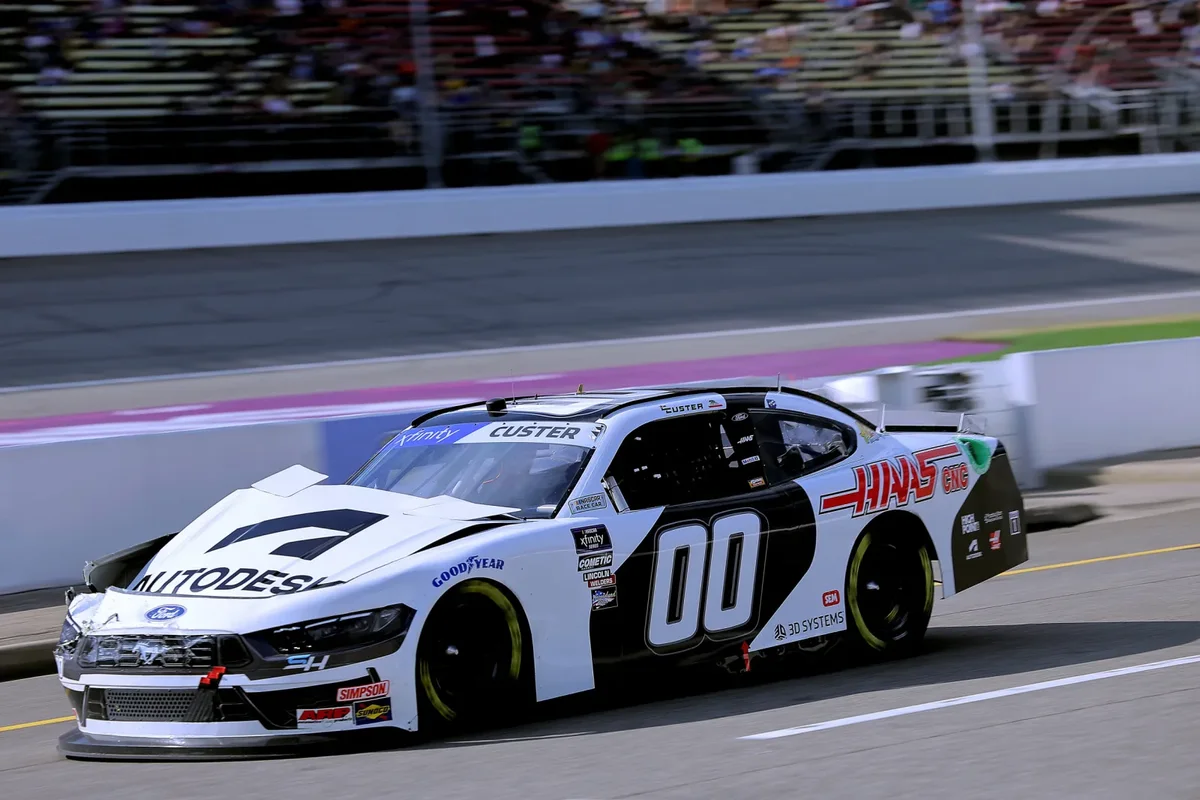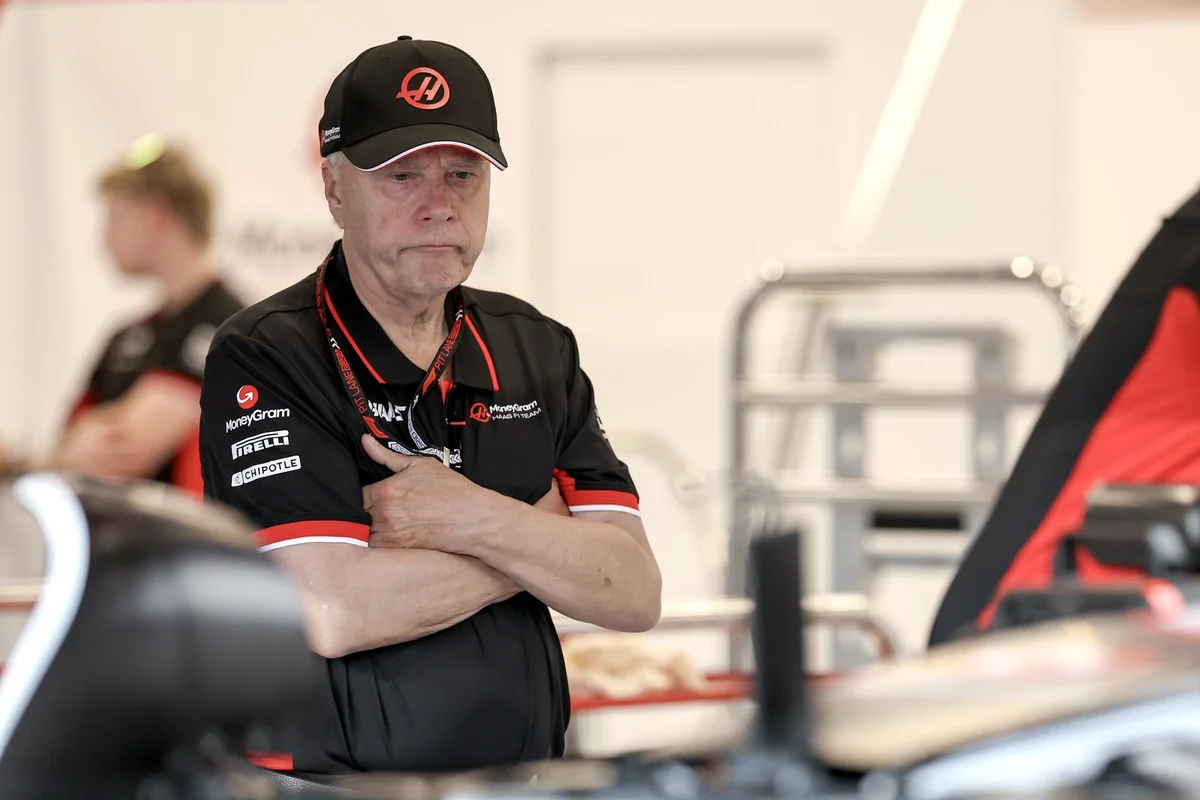Details from a recent antitrust lawsuit have brought to light Michael Jordan’s significant role in Stewart-Haas Racing charter ownership, revealing not only his financial commitment but also the complexities within the team’s structure. The revelations emerged as part of public records from the ongoing case, providing insight into the distribution of ownership and financial deals involving figures like Denny Hamlin and others within the NASCAR ecosystem.
Published court evidence from the trial has offered a unique view into the internal operations of NASCAR teams and their profit margins. Among the discoveries, it is clear that teams like 23XI Racing, owned by Michael Jordan, generate much higher annual revenues, often exceeding $50 million, compared to competitors such as Front Row Motorsports, which struggle to reach $20 million in profits.
Michael Jordan’s Investment in NASCAR Teams and Real Estate
According to NASCAR analyst Bob Pockrass, information sourced from internal email exchanges and depositions highlighted Michael Jordan’s deep financial involvement with 23XI Racing and its associated assets.
“Some Jordan-23XI financial tea from emails/depositions: MJ said he’d pay 60% for SHR charter; Denny would pay 40%”
– Bob Pockrass, NASCAR Analyst
In addition to their charter investment, Jordan and Hamlin collaborated to acquire real estate for team headquarters, Airspeed, with Jordan initially covering Hamlin’s share and being repaid gradually over time.
“Denny and Jordan went 50-50 on 23XI real estate (Airspeed) and MJ fronted Denny the $, with DH paying him back monthly. MJ has loaned the team money for legal fees,”
he added. – Bob Pockrass, NASCAR Analyst

The purchase of Stewart-Haas Racing’s charter, following the team’s closure in 2024, cost $28 million. Front Row Motorsports purchased the second charter previously held by SHR. The landscape of charter sales highlights escalating values, with the largest transaction reaching $40 million for a deal between Live Fast Motorsports and Spire Motorsports.
Ownership Structure and Legal Complications
Email correspondence among team management revealed initial plans for equity sharing within 23XI Racing, with a noteworthy caveat regarding Denny Hamlin’s share due to his continued partnership with Joe Gibbs Racing.
“Determine the percentage of ownership split between Denny and MJ. Although, I’d suggest the presumption would be 50/50, NASCAR may require Denny to be in a minority position at no more than 49%, as he will continue to race for several years with Joe Gibbs Racing (“JGR”),” the email read. – 23XI Management Email
Negotiations with Bubba Wallace, a key driver for the team, included a firm deadline to finalize contracts, reflecting the high-pressure environment facing team owners and drivers.
“Bubba has given us a Tuesday September 1 deadline, as it is incredibly late in the year for him not to have selected a team for next season; thus, we need to determine whether we are going to move forward by then,”
– 23XI Management Email
Beyond internal negotiations, external factors also had an influence. toyota/”>Toyota, the team’s main car supplier, expressed reservations about Michael Jordan’s business connections, specifically his investment in a Nissan dealership, casting some uncertainty on the manufacturer relationship at the inception of the team.
Potential Outcomes for 23XI Racing and Stewart-Haas Stake
Despite early challenges and scrutiny from partners, 23XI Racing successfully launched in 2020 and made its first competitive appearance the following year. However, after recent legal developments, the team’s standing as a chartered entity has been suspended. While the trial is ongoing, 23XI Racing will operate as an open entry without the security a charter provides.
If 23XI loses the current court proceedings, the impact on the team could be severe, possibly resulting in a permanent shutdown and a forced exit from NASCAR competition. For now, Michael Jordan’s deep financial stake, highlighted by his majority position in Stewart-Haas Racing charter ownership, underscores the increasing complexities and high stakes in modern stock car racing. The outcome of the legal battle will likely influence the future of NASCAR team investment and ownership models for years to come.
